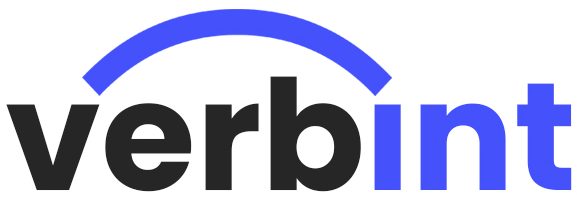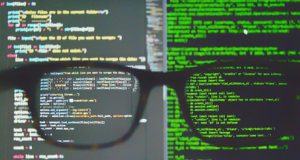Learn how to apply data science methods and techniques, gain new insights into your data, develop analytical skills, identify trends and patterns in data, make informed decisions using data, drive business growth through data visualizations, identify opportunities and solve problems using data-driven solutions and strategies. Understand the latest tools and approaches for data analysis and their best uses to have a positive impact on the business.
This University of Michigan specialization consists of 5 courses that introduce learners to data science using the python programming language. It is designed for individuals with a basic python or programming background who want to apply statistical, machine learning, information visualization, text analysis, and social network analysis techniques using popular python toolkits like pandas, matplotlib, scikit-learn, nltk, and networkx in order to gain insights from their data. To earn a certificate in this specialization, it is necessary to complete Introduction to Data Science in Python (course 1), Applied Plotting, Charting & Data Representation in Python (course 2), and Applied Machine Learning in Python (course 3) sequentially before taking any other course. Courses 4 and 5 can be completed in any order after those three prerequisites have been fulfilled.
Applied Data Science with Python Specialization: Syllabus
Introduction to Data Science in Python
- Using lambdas and manipulating CSV files
- Data science Python functionality and features
- Cleaning and processing DataFrame structures
- T-tests, distributions, and sampling
Applied Plotting, Charting & Data Representation in Python
- How does a visualization work?
- Learn how to make basic charts
- Determine which functions are best for each situation
- Matplotlb visualization
Applied Machine Learning in Python
- Differences between descriptive statistics and machine learning
- Cluster data and evaluate it
- Predictive models: different approaches
- Analyze features
Applied Text Mining in Python
- Python’s text handling
- Utilize basic NLP techniques
- Group documents by topic with code
- Text manipulation using the NLTK framework
Applied Social Network Analysis in Python
- Data representation and manipulation using NetworkX
- Network connectivity analysis
- Node importance or centrality
- Analyze network evolution





